Remote work in the time of the pandemic is having unexpected impacts across America — and different impacts for each generation. A new, national study by global research firm, The Center for Generational Kinetics (CGK), reveals that trust, expectations of leaders, and future employment expectations have been deeply affected in this time of remote work.
The discoveries from The 2020 Study on Leading Multiple Generations Remotely are both compelling and concerning:
- Most shockingly, a majority (53 percent) of Americans do not want to work remotely even part-time after the pandemic ends.
- 42 percent of Americans do not have the tools they need to successfully work remotely.
- Less than half of Americans (48 percent) believe their manager is acting with integrity during these tough times
Gen Z (born from 1996 thru 2015) is the generation whose work has been most impacted by the pandemic. More than any other generation, Gen Z’s work hours have decreased (45 percent), they have been furloughed (37 percent), the focus of their job has changed (32 percent), and their salary or wages have decreased (25 percent).
“The study reveals that the experience of remote work is uneven and rife with anxiety. More importantly, the study showed what leaders need to know and do now,” says Jason Dorsey, acclaimed generational speaker and President at CGK.
The top three things that Americans want from their managers right now: being honest and candid, communicating clearly, and being caring and empathetic. What they wanted least: showing strength and resilience. In short, candor and honesty trump bravado and bluster.
Going deeper, the study uncovered:
- 47 percent of Americans say they’re working completely from home or remotely.
- 49 percent of Americans have used Zoom or a video chat platform for the first time ever.
“Each generation is having a different experience during the pandemic. This is important to understand, as organizations must remotely lead four or five generations simultaneously. Gen Z’s emergence could herald in a new era of hybrid work that is normal to them and for the youngest members of Gen Z, all they’ve ever known,” says Denise Villa, Ph.D., CEO of CGK and author of the new book, Zconomy: How Gen Z Will Change the Future of Business—and What To Do About It.
Villa adds the following recommendations:
- Reinforce the organization’s guiding principles and mission in creative ways that connect with individual employees in a remote work world.
- Offer communication options aligned with each generation’s primary preferences.
- Increase the frequency of information that is shared by leadership to keep employees engaged and aligned.
The bottom line: it’s important for organizations’ leaders to understand where each generation is coming from to best engage, support and get the most from their employees in novel ways during this critical time.
The Center for Generational Kinetics (CGK) is the leading generational research, keynote speaking, and strategic advisory firm focused on Gen Z, Millennials, and solving cross-generational challenges. CGK’s team helps leaders around the world solve challenges such as recruiting, retaining, and training Gen Z employees, and how to sell and market to each generation of customers.
This custom study was designed by CGK, administered to 1,000 U.S. respondents ages 18-90 and weighted to the current U.S. Census data for age, region, gender, and ethnicity.







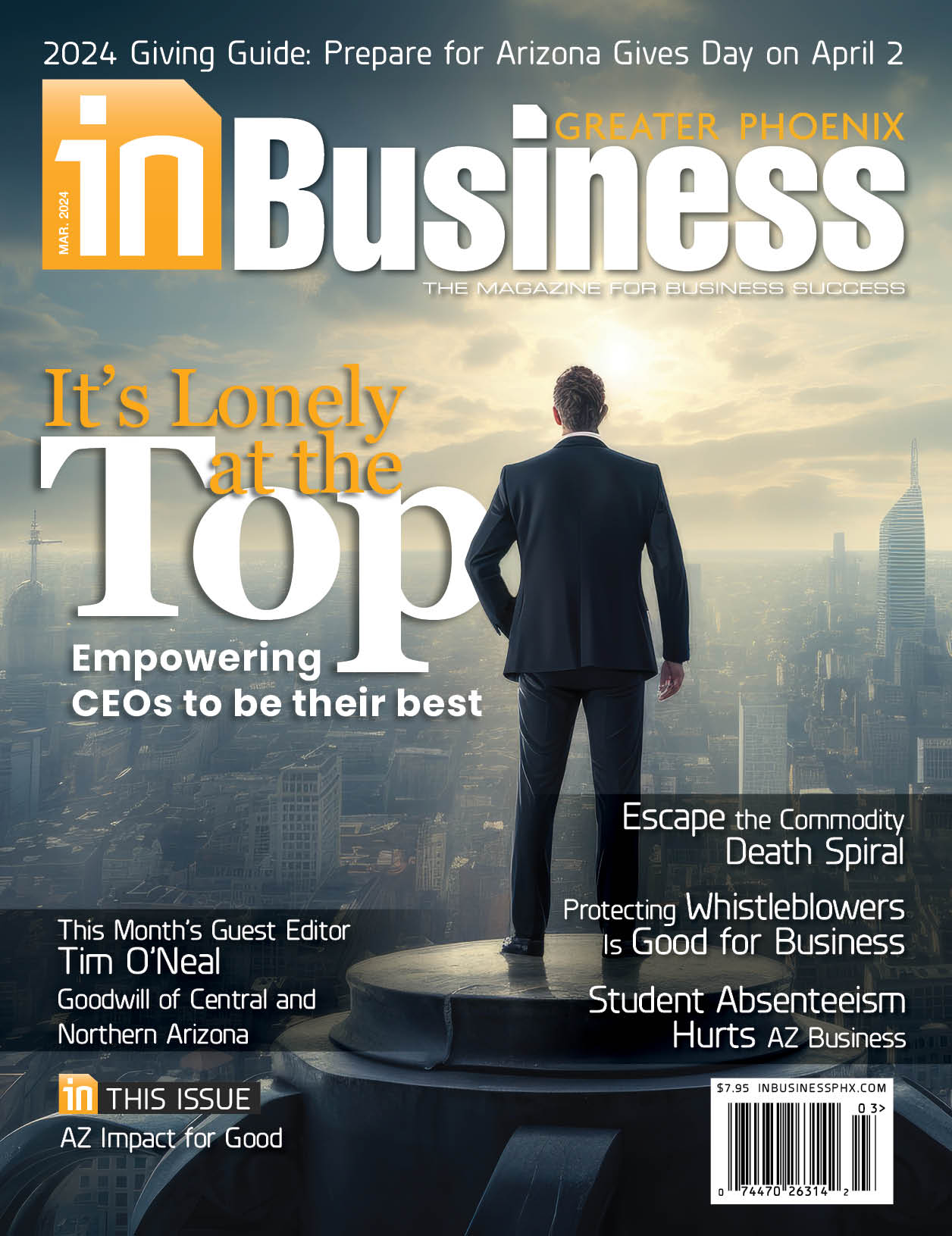
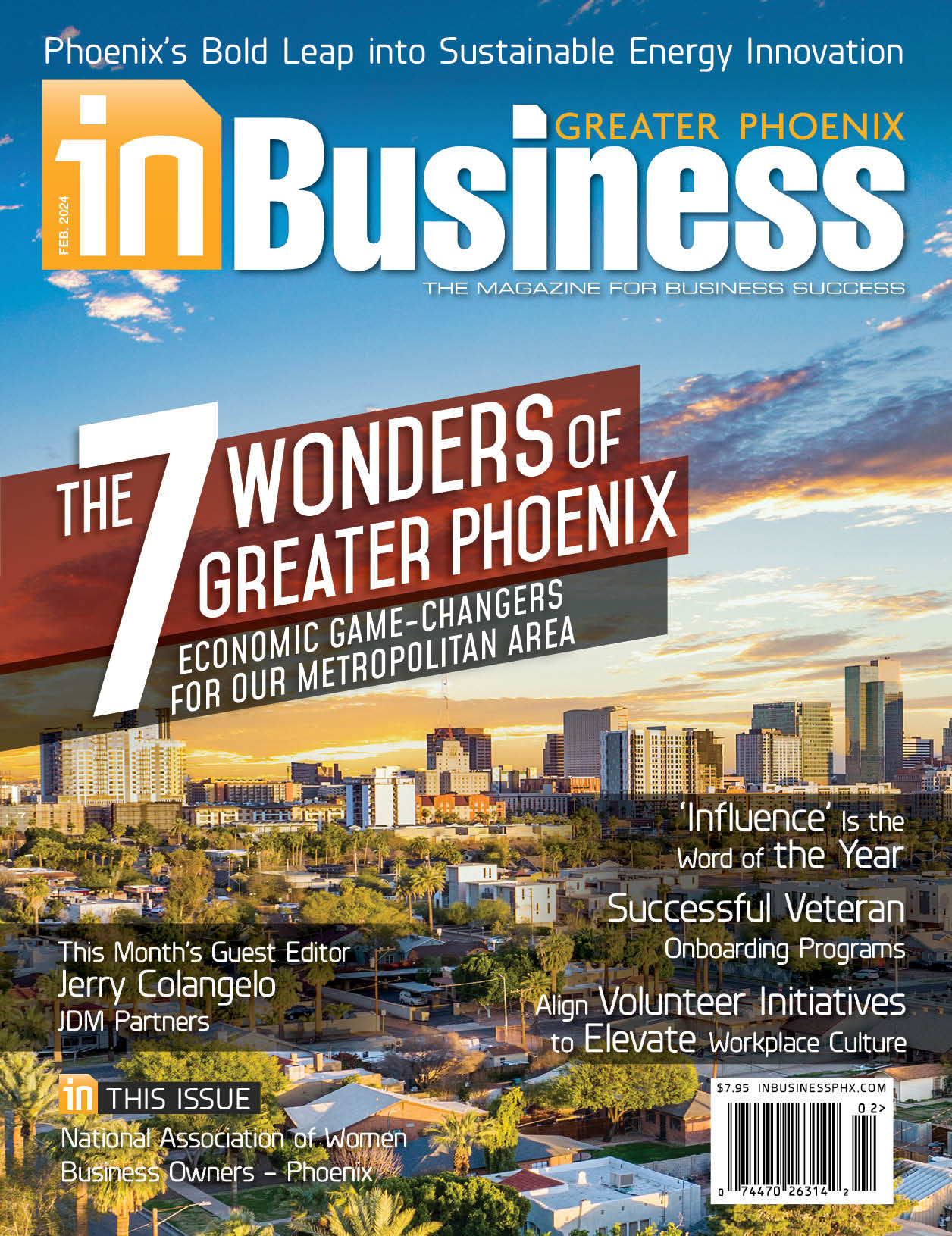
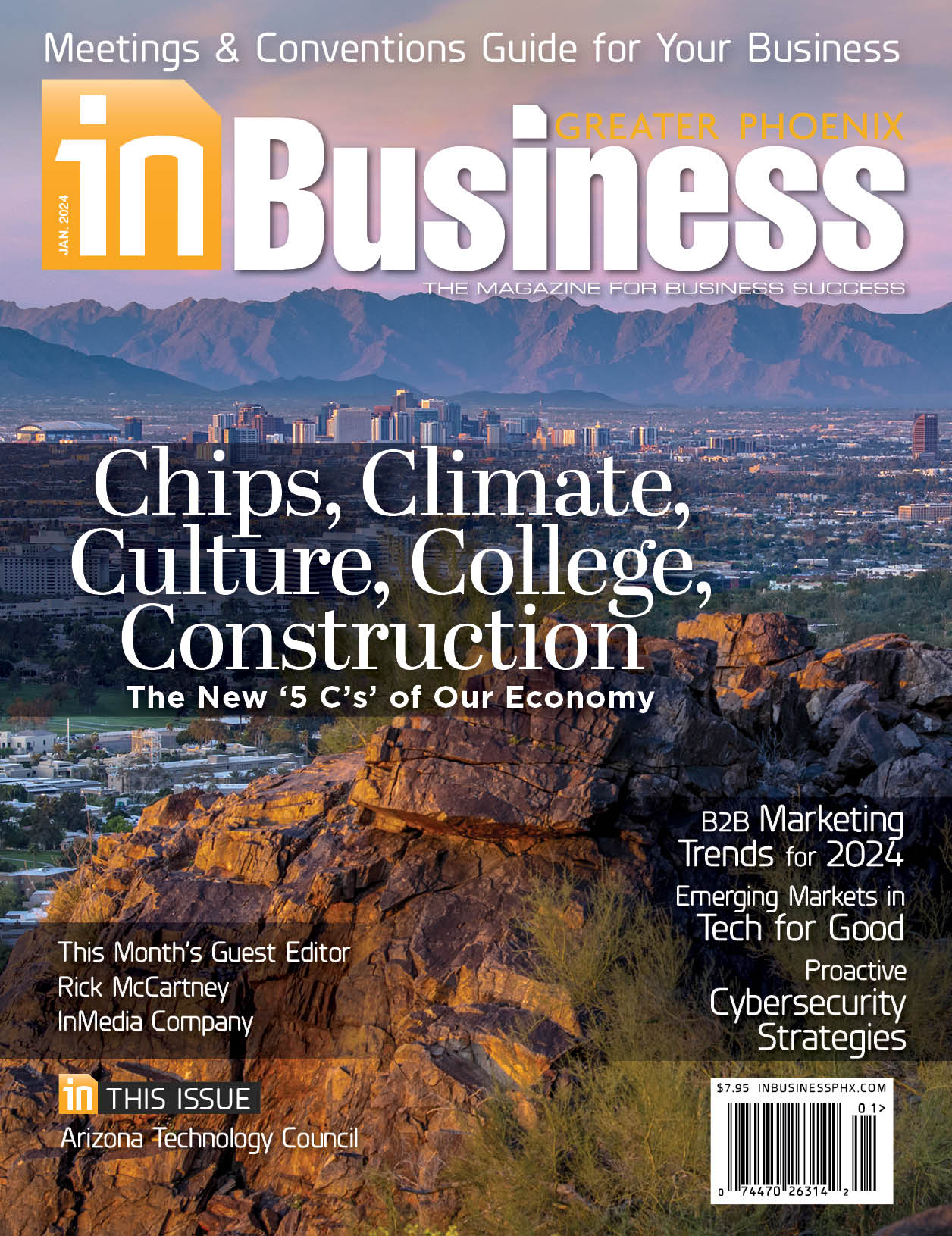
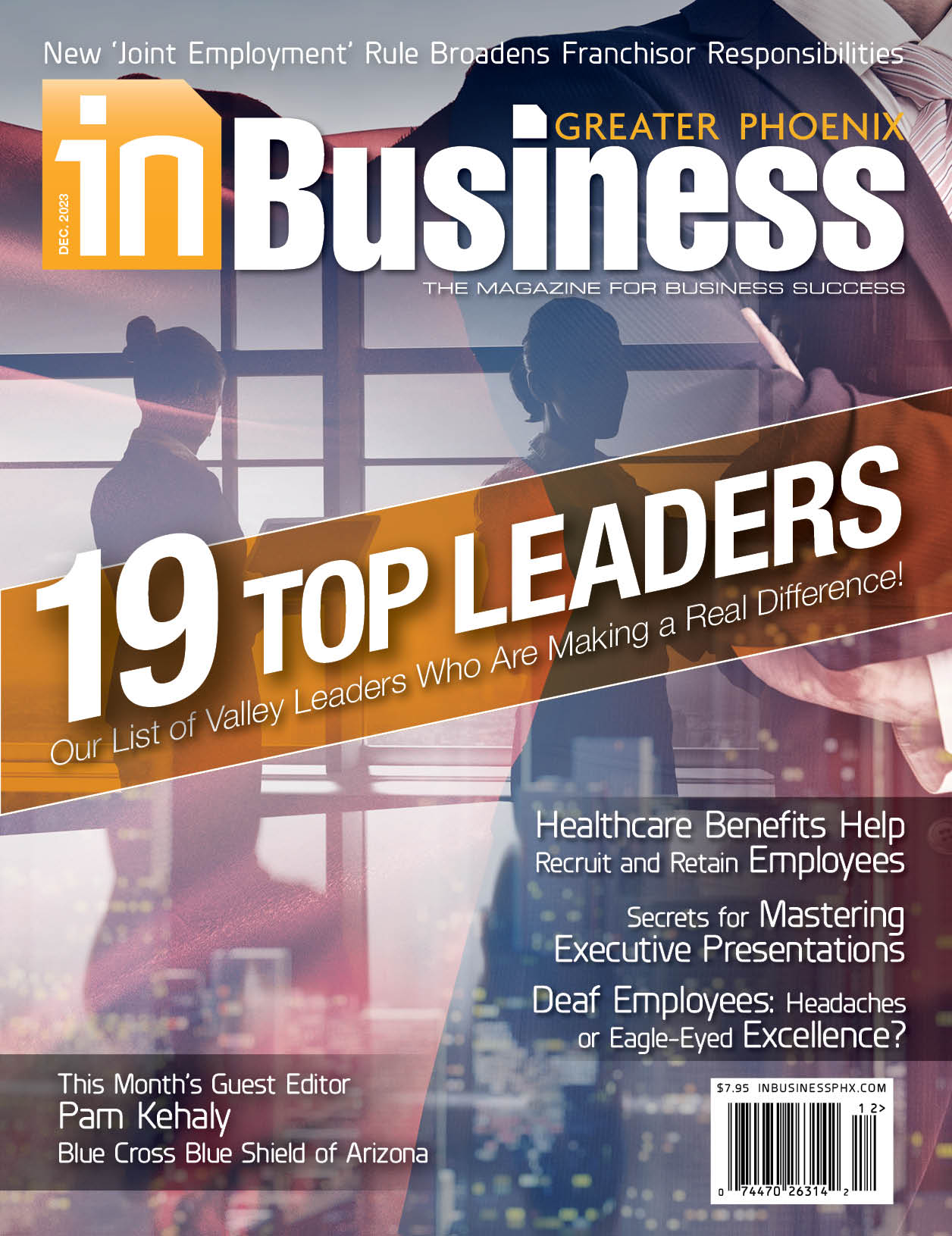
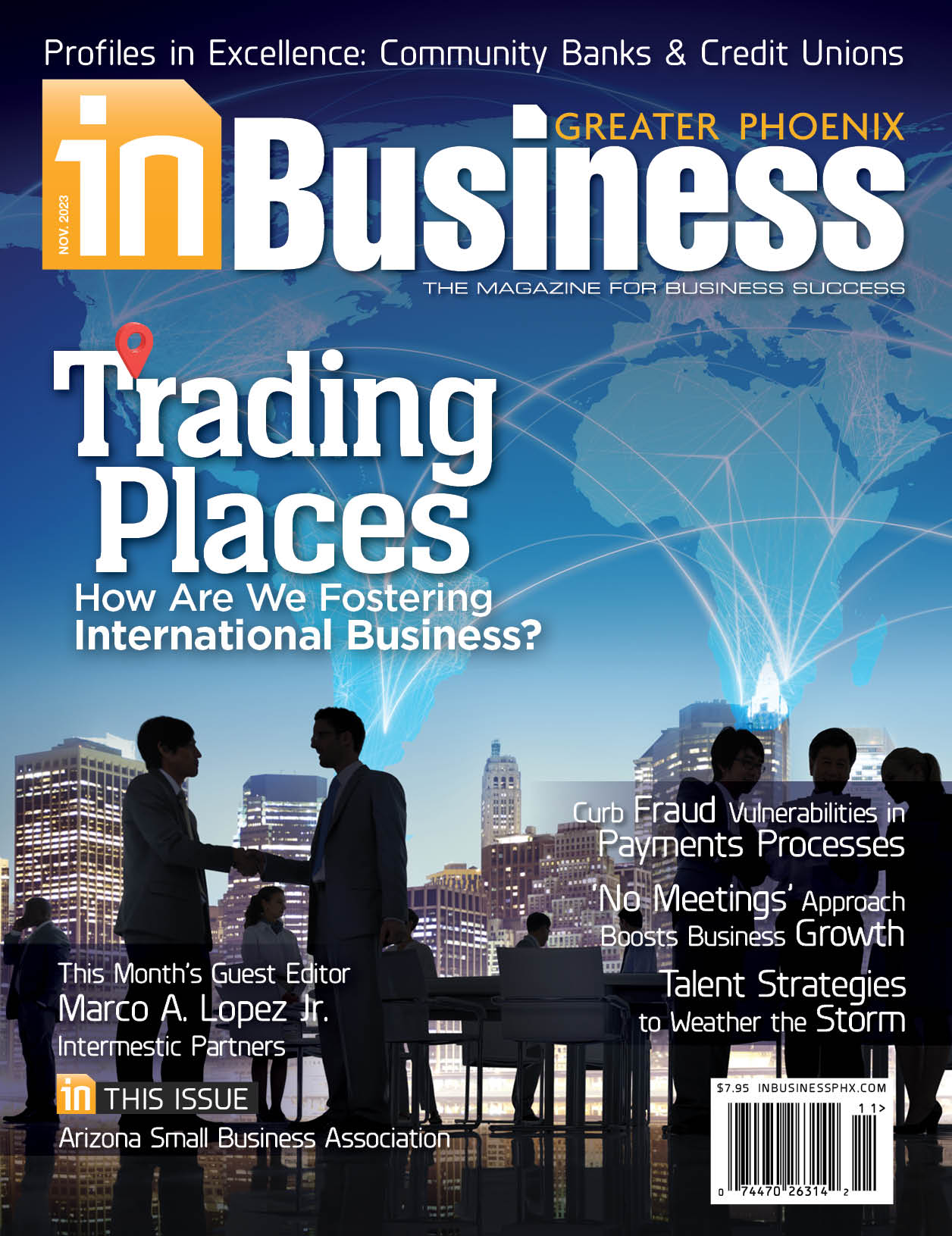
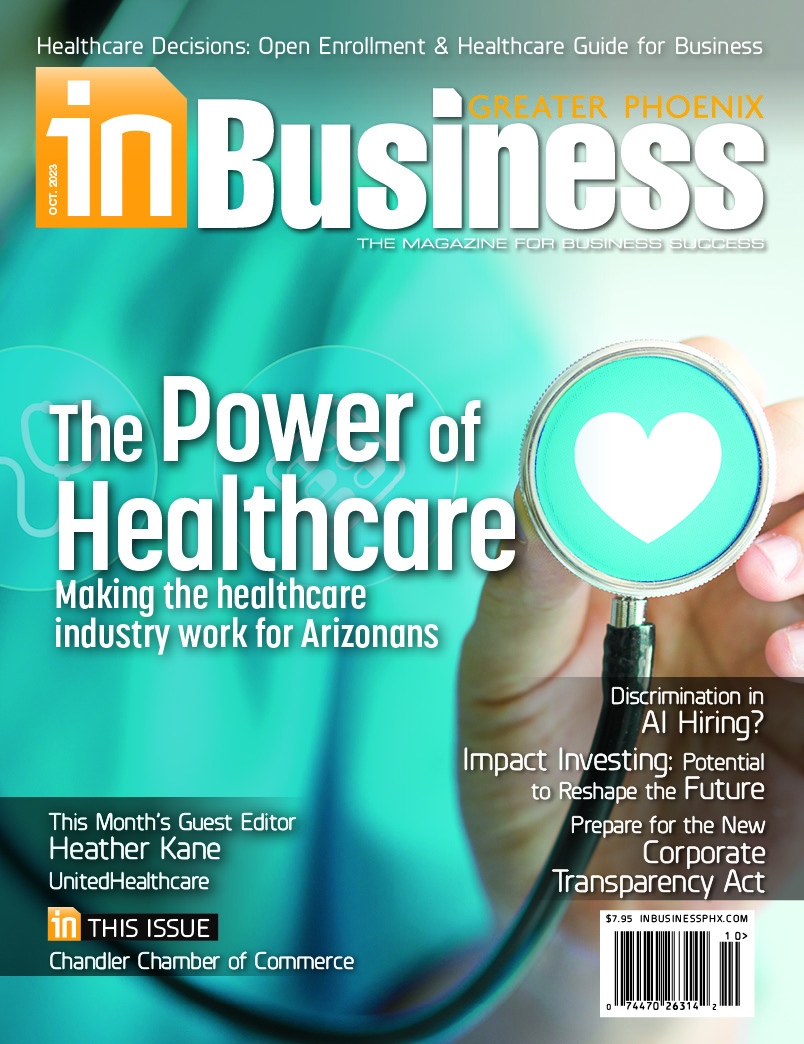
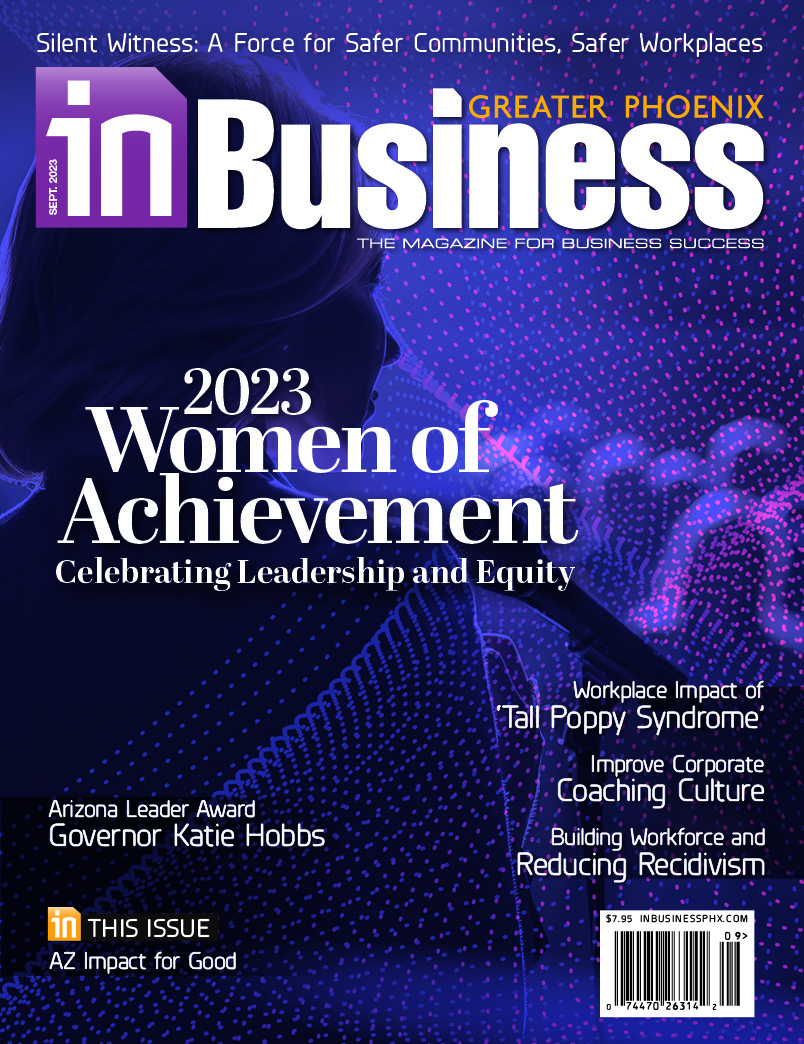
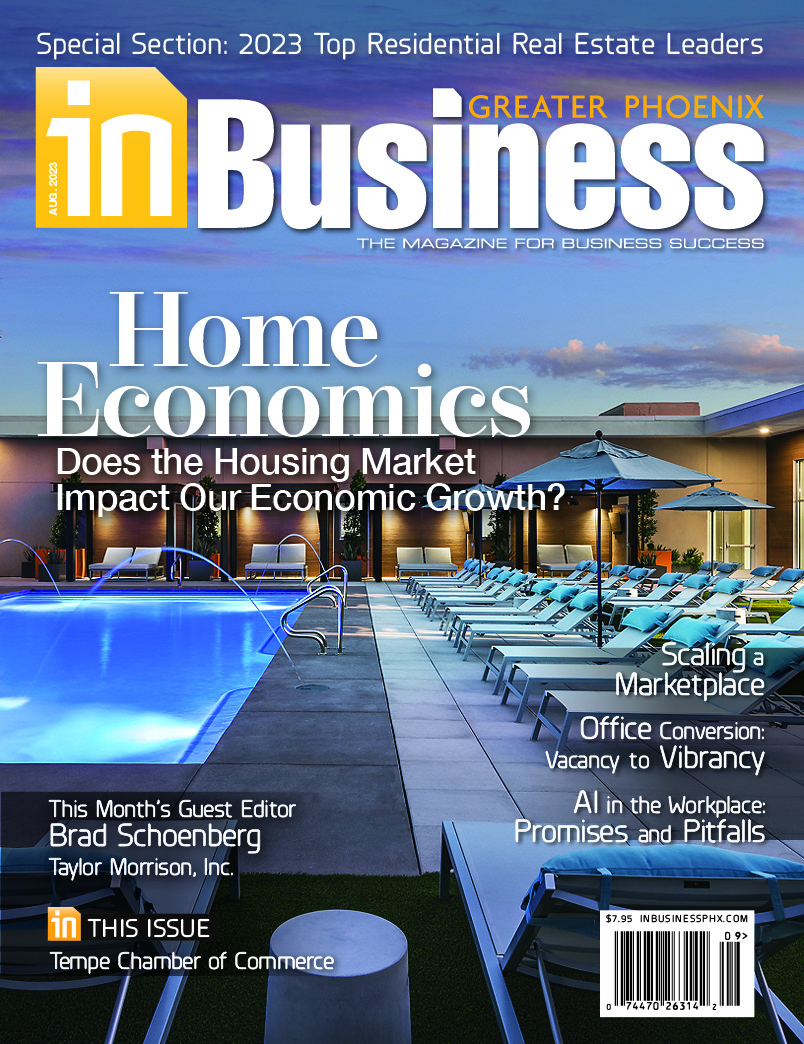
Speak Your Mind
You must be logged in to post a comment.